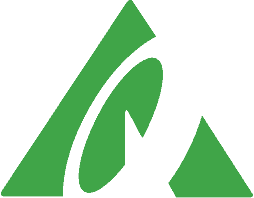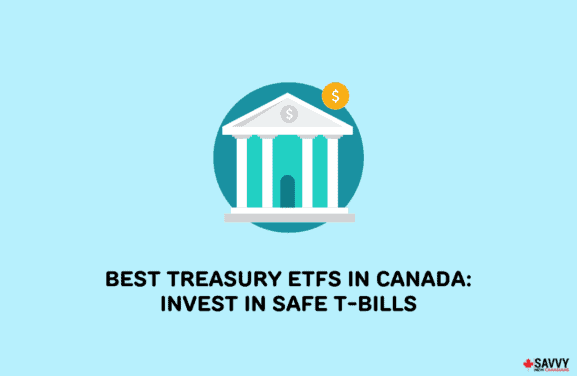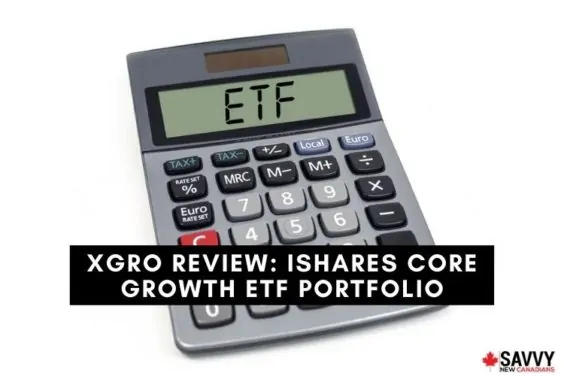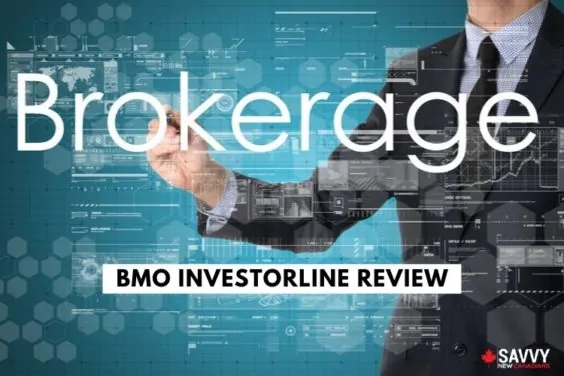When it comes to high-profile fund managers, few are as polarizing as Ark Invest’s Cathie Wood. Her flagship ETF is the ARK Innovation ETF (NYSEARCA: ARKK), which invests in high-growth companies that engage in disruptive innovation.
Back in 2021, ARKK peaked at over $150 per share. Since then, the ongoing bear market has hit the fund hard, and it now trades at less than one-third of that price.
In this article, we will review the ARKK ETF and discuss its holdings, fees, returns, and if it belongs in your portfolio in 2023.
What is ARK Innovation ETF?
As mentioned, ARKK is the flagship fund of the investment company known as Ark Invest. This ETF was first introduced in October 2014 and has amassed nearly $8 billion in investor net assets.
ARKK is actively managed by Wood herself. Any trades that are made in the fund are provided publicly on a daily basis for full transparency to shareholders.
This ETF holds stocks from a wide range of technologies, including cloud computing, digital media, gene therapy, and the Internet of Things.
Ark Invest is known to have at least a five-year vision for its funds, so many of its investments are in emerging, high-growth companies.
ARKK Asset Allocation
ARKK has a target of holding between 35-55 stocks at any given time. As of April 30th, the weighted average market cap of its holdings is $82 billion, with a median market cap of $6 billion.
As for its holdings, ARKK holds some of the most recognizable tech stocks on the market. Here is a list of the ARKK top holdings as of May 31, 2023:
| Stock Name | Ticker Symbol | Weighted Allocation in ARKK |
| Tesla Inc | TSLA | 11.21% |
| Zoom Video Communication A | ZM | 7.47% |
| Roku Inc | ROKU | 7.15% |
| Coinbase Global Inc- Class A | COIN | 6.52% |
| UIPath Inc – Class A | PATH | 6.42% |
| Block Inc | SQ | 5.62% |
| Exact Sciences Corp | EXAS | 5.09% |
| Shopify Inc – Class A | SHOP | 4.78% |
| Crispr Therapeutics AG | CRSP | 4.57% |
| DraftKings Inc – Class A | DKNG UW | 4.19% |
Note that these holdings and their allocations in ARKK can change on a daily basis.
Here is the breakdown of market capitalization in ARKK:
| Company Size by Market Cap | Weighted Allocation in ARKK |
| Mega-Cap ($100 billion+) | 10.4% |
| Large-Cap ($10 billion – $100 billion) | 43.4% |
| Medium-Cap ($2 billion -$10 billion) | 42.3% |
| Small-Cap ($300 million – $2 billion) | 3.8% |
| Micro-Cap ($50 million – $300 million) | 0.0% |
Here is the sector allocation for ARKK stocks:
| Sector Name | Sector Allocation in ARKK |
| Information Technology | 30.1% |
| Health Care | 26.4% |
| Financials | 15.2% |
| Consumer Discretionary | 14.0% |
| Communication Services | 11.5% |
| Materials | 1.8% |
ARKK Returns
As can be expected for a fund that invests in high-growth stocks, ARKK’s returns have been inconsistent over the recently turbulent economic period.
On a cumulative basis, ARKK has returned a total of 121.66% to shareholders since its inception. Given that ARKK was started in 2014, this equates to an average annual return of 9.92%.
Still, an investor who bought into ARKK five years ago has only gained 1.82%, which has severely underperformed the market during that period.
As for annual performance, ARKK’s best year was in 2020, when it returned 152%. This was followed by 2021 and 2022, when the fund saw annual losses of -23.36% and -66.99%, respectively.
So far in 2023, ARKK has provided a return of just more than 30% to shareholders.
ARKK Fees
One of the first things that stand out about ARKK is its high management fees. This ETF has a Management Expense Ratio or MER of 0.75%. What does this mean? An MER of 0.75% means that for every $10,000 you have invested in ARKK, you will pay fees of $75.
While this might not seem outrageously high, it is a significant MER for an ETF. Part of the reason the fees are so high is because ARKK is actively managed on a daily basis.
Pros and Cons of ARKK
ARKK has the ability to show outsized gains because of its focus on high-growth companies in emerging industries.
The trades are transparent, and ARKK provides a lot of research to back up the reasoning behind its investments.
This ETF holds some of the best growth stocks on the market in one convenient fund for investors.
Unfortunately, the fact that it is actively managed means the fees are high. The MER of 0.75% is high, given the lack of returns over the past five years.
Since ARKK is actively managed, you will need to stay up to date with the fund’s holdings. This might be a lot of work for those who wish to be passive investors.
Can You Buy the ARK Innovation ETF in Canada
Yes, you can buy shares of the ARK Innovation ETF at Canadian brokerages. Keep in mind that ARKK trades on the NYSEARCA exchange, so you will need to pay for the shares in US dollars.
Since you are already paying for a foreign exchange premium with ARKK, consider brokerages that will allow you to save on commission fees. These include some of Canada’s best discount brokerages like Questrade, Wealthsimple, and Qtrade.
Questrade

Trade stocks, ETFs, options, FX, bonds, CFDs, mutual funds, etc.
Get $50 trade credit with $1,000 funding
Low and competitive trading fees
No quarterly inactivity fees
Access to advanced tools and trading data
Top platform for advanced traders
Transfer fees waived
Is ARKK a Good Investment?
Before investing in ARKK you should ask yourself some questions about your investment strategy. This ETF is for investors with a long-term investing horizon and a high-risk appetite.
A quick glance at ARKK’s annual performances shows you exactly how volatile this fund is. Holding ARKK has not been for the faint of heart.
With that being said, ARKK is for investors seeking outsized future growth. If you can stomach the risk and ignore the day-to-day volatility, ARKK could reward you five or ten years down the road.
FAQs
ARKK can be a good investment in the right environment. Given its high-growth holdings, ARKK will thrive in a lower interest-rate environment. This ETF is one that will outperform in a bull market and get crushed in a bear market.
No, ARKK does not pay any dividends as of June 2023. The ETF did pay dividends at one time on an annual basis, but the last distribution was handed out to shareholders in December 2021. No dividends have been paid out since that date.
Related:






